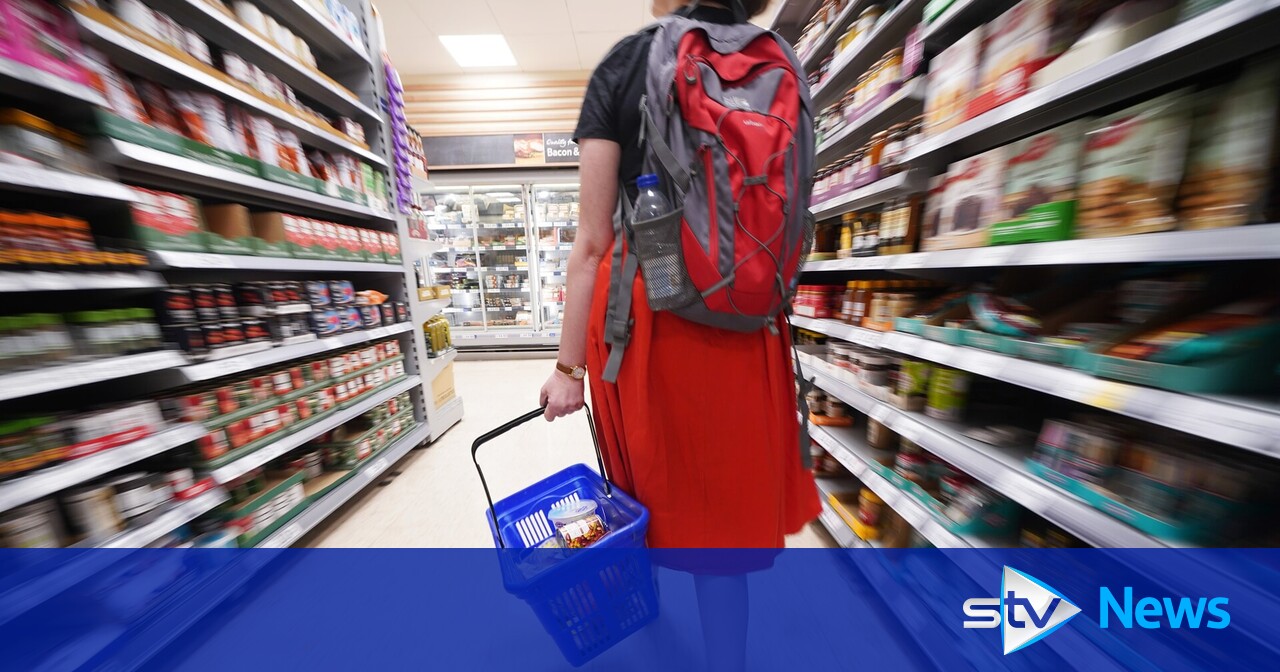Deep January fashion discounts as UK price deflation slows
Since the commencement of 2024, the annual rate has seen a substantial reduction.
Within the food category, fresh food inflation also experienced a slowdown to 0.9% in January from 1.2% in December, slightly beneath the three-month average rate of 1.1%.
Ambient food inflation saw a decline to 2.5% from November’s 2.8%, positioning it below the three-month average rate of 2.7% and marking its lowest point since February 2022.
Dickinson added: “This month’s figures also showed early signs of what is to come, with month-on-month food prices rising at their fastest pace since April last year. Ambient food saw a 1% jump as prices spiked for sugary products, chocolates and alcohol.
“Price cuts and deflation may not last much longer as retailers will soon feel the full impact of £7bn ($8.71bn) of new costs announced at the last Budget. Higher employer National Insurance Contributions, increased National Living Wage, and a new packaging levy mean that prices are expected to rise across the board. Government can help to mitigate the impact on consumers by ensuring its proposed reforms to business rates do not result in any store paying more in rates than they already do. Without action, UK households will feel the effects.”
Recently, Dickinson warned that UK retailers are bracing for a cost surge in 2025 due to the budget’s impact, fuelling expectations of higher retail prices.
close












